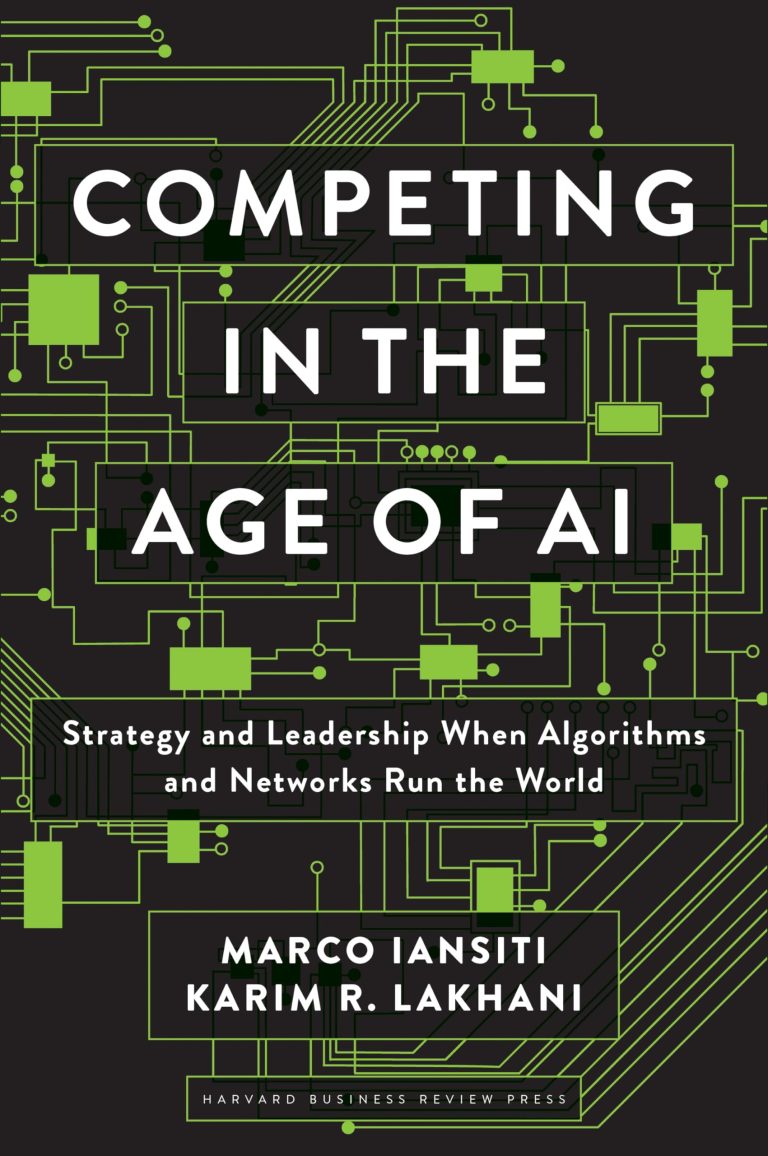
Now loading...
Microsoft has introduced a new set of features within Azure AI Foundry, aiming to simplify the development, monitoring, and governance of multi-agent systems. As enterprises increasingly adopt agentic AI—evidenced by a recent PwC report indicating that 80% of organizations are using some form of agent-based AI—the need for robust tools to manage these systems has become more critical, as developers face fragmented platforms and organizations strive to ensure responsible AI behavior.
The centerpiece of this update is the Microsoft Agent Framework, which has now entered public preview. This open-source SDK and runtime is designed to streamline the orchestration of multi-agent systems by integrating two significant prior initiatives: AutoGen from Microsoft Research and the Semantic Kernel. This combination offers developers a powerful, commercial-grade framework that bridges innovative research and practical application.
With the Microsoft Agent Framework, developers can experiment in local environments before deploying their multi-agent systems to Azure AI Foundry—complete with built-in observability and compliance features. The framework allows for the integration of any API through OpenAPI, fosters collaboration between agents with the Agent2Agent (A2A) function, and includes dynamic connections via Model Context Protocol (MCP). Developers can also leverage contemporary multi-agent patterns, like Magentic One, to create sophisticated workflows while minimizing distractions from tool-switching.
An early adopter of this framework, KPMG, has begun integrating it with its KPMG Clara platform—a cloud-based smart audit solution used globally across the company’s audits. By using the Microsoft Agent Framework, KPMG Clara is able to connect specialized agents with enterprise data while benefiting from enhanced oversight and an extensible developer ecosystem. This capability allows the company’s agents to communicate not only within Azure AI Foundry but also with external systems, facilitating extensive collaboration at scale.
The solution also introduces multi-agent workflows, currently in private preview, allowing developers to manage complex business processes through a structured, stateful workflow layer. This feature supports the coordination of multiple agents over long-running tasks, automating various enterprise functions, from customer onboarding to financial processing. Enhanced reliability is built into the workflows through features like error handling and recovery, with authoring and debugging capabilities available through Visual Studio Code or Azure AI Foundry.
Additionally, advancements in observability—through contributions to OpenTelemetry—aim to standardize data monitoring across diverse frameworks, giving teams critical insights into agent activity and interactions. This initiative is part of a collaboration with Cisco’s Outshift, aimed at improving debugging, optimization, and compliance across the board.
The release also includes the Voice Live API, now generally available, which allows developers to build scalable voice AI agents capable of handling real-time speech interactions. This feature is being used by various organizations, including Capgemini and Astra Tech, to improve customer service, educational tutoring, and HR functions.
Recognizing the importance of trustworthy AI practices, Microsoft has announced that it is rolling out responsible AI capabilities in public preview. These features will help organizations ensure compliance and security within their AI systems as they become more integral to enterprise operations, addressing a key barrier to AI adoption identified by McKinsey’s research.
Microsoft’s Azure AI Foundry has already attracted over 70,000 organizations globally, ranging from startups to large enterprises, and is being used to drive real-world AI innovations. Companies such as Commerzbank and Citrix are using the Microsoft Agent Framework to develop customer support solutions and improve productivity within existing infrastructures, respectively.
This new framework positions Azure AI Foundry as a foundational tool for developers and organizations looking to navigate the complexity of AI system integration responsibly and efficiently. By promoting open standards and interoperability, Microsoft continues to enhance its commitment to secure, reliable, and cutting-edge AI development in a rapidly evolving landscape.
